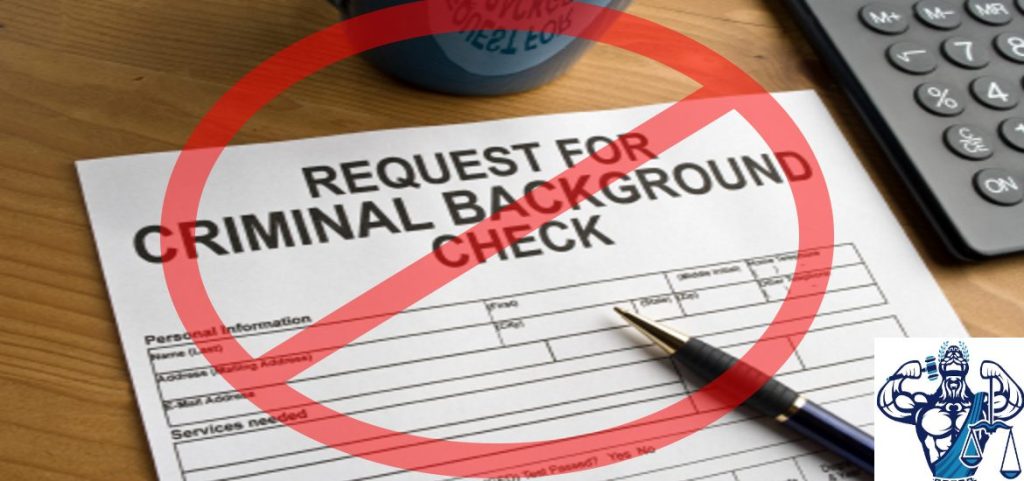Discrimination
Have you ever experienced or do you know someone who experiences pay discrimination in the workplace? Well, you should not stand for any sort of discrimination in pay and wage rates because the law protects you. Enforced by the U.S. Equal Employment Opportunity Commission (EEOC), the Equal Pay Act is a federal law that prohibits employers from paying people of opposite sex differently for equal work (1) performed under the same working conditions and (2) requiring equal responsibility, effort, and skill. However, it is crucial to understand a few issues, legal or otherwise:
- An employer is allowed to pay individuals of opposite sex differently if only such payment is made in line with a (i) merit system, (ii) seniority system, (iii) differential based on any other factor other than sex, and (iv) system under which earnings are measured by the quality or quantity of production. You may need the expertise of an Employment and Labor Law Attorney to help you understand each of these systems and basis of differential payment.
- As long as you are an employee of an employer, then you are protected by the EPA. Courts have held that for a party to constitute an employer and, therefore, be subject to individual liability under the EPA, they must have (i) the power to act on behalf of the business in relation to its employees or (ii) control over the day-to-day operations of the company.
- For employees in New York, the NYEPA (New York Equal Pay Act) defines an employer as any individual, association, limited liability company (LLC), or corporation.
- If you are An Employee With Status Within One Or More Protected Classes, the NYEPA prohibits an employer in New York from paying you at a lesser rate compared to the rate at which an employee without status within the same protected class or classes is paid for work on jobs requiring equal responsibility, effort, and skill, and that are substantially similar work or performed under the same working conditions, when viewed as a composite responsibility, effort, or skill performed under the same circumstances.
Sometimes, a wage rate paid by an employer violates the EPA. In such a case, the employer may not reduce your wage or that of any employee in the name of complying with the EPA.
Retaliation
Do you experience or know someone who experiences retaliation for speaking against pay discrimination in the workplace? Read on to learn more…
Many employees face discrimination or other wrongful and unlawful acts in their workplaces, but they fail to report such incidents due to the fear of retaliation, especially since losing one’s job or going through other adverse outcomes can be traumatic and emotionally devastating. However, just like discrimination, you should not stomach or submit to any sort of retaliation.
If you have filed a complaint or instituted any proceeding related to pay discrimination under the EPA, then it is illegal for your employer to discharge or otherwise undertake a number of retaliatory acts such as demoting, penalizing, or threatening you.
You also enjoy the same protection if you testify or are expected to testify in any proceeding related to pay discrimination under the EPA.
Notably, if you are a New York employee who has exercised his/her right protected under the labor law, has provided information regarding pay discrimination in the workplace, has instituted a labor law proceeding, or filed or made a complaint about a possible violation of labor law, you are protected by the NYEPA in that the employer should not penalize, threaten, discharge, or take any other action in a manner to discriminate or retaliate against you.
This is the same if a court has made an adverse determination to an employer in a proceeding involving the NYEPA.
Under the NYEPA, other instances and examples of retaliation include contacting or threatening to contact the U.S. immigration authorities, or even threatening to report or reporting an employee’s or their family member(s) or household’s suspected immigration or citizenship status to a local, state, or federal agency.
Additionally, an employer may be held responsible for discrimination and retaliation by prohibiting or discouraging you from discussing your wage or that of another employee.
To enjoy the protections of the law and to ensure a fulfilling work life, it is crucial to work with an Employment and Labor Law Attorney to understand whether your employer has violated the law by paying you a different pay than other people of the opposite sex (as under the EPA) or based on your status within one or more protected classes (as defined under the NYEPA).
Contact our office at (314) 648-2586 to learn more. We have a wide array of specialties to encompass all angles of the business world and protect our clients at all costs.
Still, as we continue dropping knowledge bombs every day, stay tuned for more educative, inspiring, and interesting posts. In the interim, if you have any questions or comments, please reach out to us through our Website and let us know at the Contact Us page!
Always rising above the bar,
Isaac T.,
Legal Writer, Author, & Publisher.
 Professional Legal & Business Services And Representation - English & Espanol!
Professional Legal & Business Services And Representation - English & Espanol!

 314-648-2586
314-648-2586 CALL US NOW
CALL US NOW







